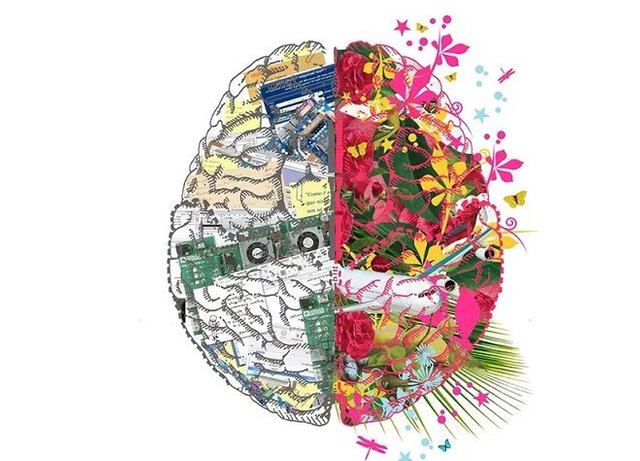Socio-cultural determinants of the personality: political economy, ethnicity and religion, family and schools, informal life events. Personality and character. /part 3/
It goes through a crisis period of effort on the part of the individual to respond to the expectations addressed to him by the agents of the society. If the dilemma of the successive stages is successfully solved, the individual directs his efforts to solve the tasks of the next stages, for what has already been achieved. On the contrary, failure is equivalent to a lack of adaptability to life. New expectations are brought to the person, whose implementation is difficult without realization of the previous ones Successful resolution of psychosocial crises at all previous stages, at the last stages, creates the opportunity to achieve the psychosocial maturity of the personality. At this stage, one faces the task of uniting the heritage of the past with the realities of the present moment. It is now confronted with the need for a comprehensive reflection on its existence. Finding the meaning that justifies life and reconciled to death is tantamount to a positive solution to the existential problem or to wisdom.
In forming his views on the personality, Horney relies on three considerations: - denies Froidism's views on the biological predestination of man; - in the course of his work, he is convinced that socio-cultural conditions have a strong influence on the formation of the personality; - differences in the course of the symptoms of similar neurotic disorders are shown from patient work, which in turn confirms the impact of cultural factors. As a conclusion, it can be said that different interpersonal styles lie at the heart of the person's impaired functioning. According to that, the decisive factor for the development of the personality is the relationship between the parents and the child. There are two needs for childhood: satisfaction and security. They are both inborn and basal. Horney identifies several behavioral parenting models that fueled the need for security: unsustainable behavior; scandalous behavior; outstanding promises; exceptional care; obvious preference for brothers and sisters. The result of such behavior for the child leads to the formation of the attitude "basic hostility". This conflict brings in various protective mechanisms that are guided by feelings of helplessness, fear, uncertainty, shame, guilt, and leading to behaviors like shrunken, shy, crying or euphoric. Unfortunately, once it has been caused by parents' guilt, it also begins to manifest in the relationship of the child with others. This is a pervasive sense of lack of security in this rationally unconfirmed.
There is no other theorist who, better than Form, has described the question of social determinism of the person. It is believed to be the product of the dynamic interaction between innate needs and the pressure of social norms and prescriptions. It places a strong emphasis on the role of political, economic, and religious factors in the formation of the personality. From's analysis begins with a study of the conditions of man's existence and their changes to the Middle Ages / 15th century / to the present. He comes to the conclusion that there is a trait of human existence in the 20th century - solitude accompanied by isolation and alienation. He is convinced that for every historical period there is characteristic progressive development of individuality, depending on how he struggles to achieve greater personal freedom. Today the dilemma is in place - freedom from different constraints requires compensation in terms of security and belonging to others. For Form this gap between freedom and security is the cause of the great difficulties of human existence: people struggle for freedom and autonomy, but they themselves create a sense of alienation, they need to have power over their lives and a right of choice, but At the same time they want to feel themselves connected to others. This is a conflict whose resolution depends on the economic and political systems of societies.

To listen to the audio version of this article click on the play image.

Brought to you by @tts. If you find it useful please consider upvoting this reply.
You got a 32.91% upvote from @emperorofnaps courtesy of @godflesh!
Want to promote your posts too? Send 0.05+ SBD or STEEM to @emperorofnaps to receive a share of a full upvote every 2.4 hours...Then go relax and take a nap!